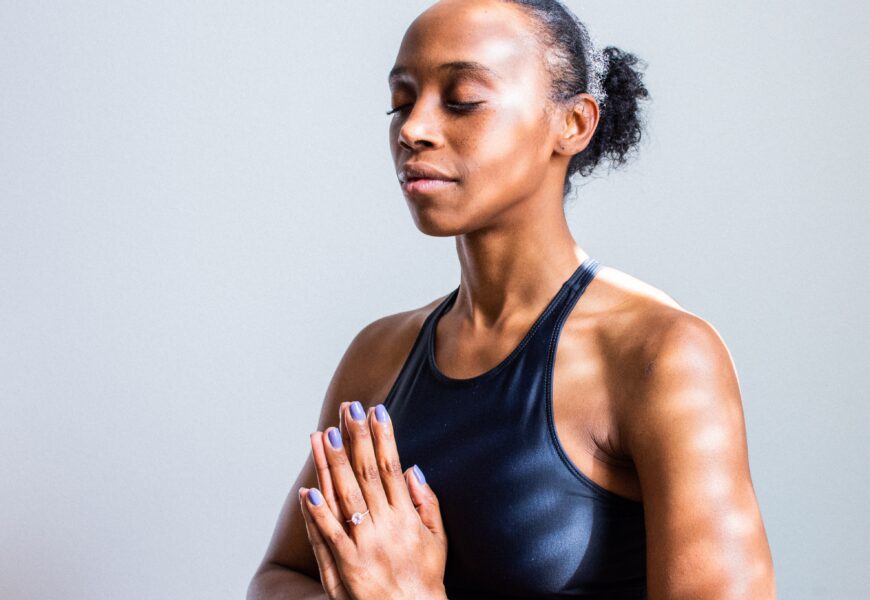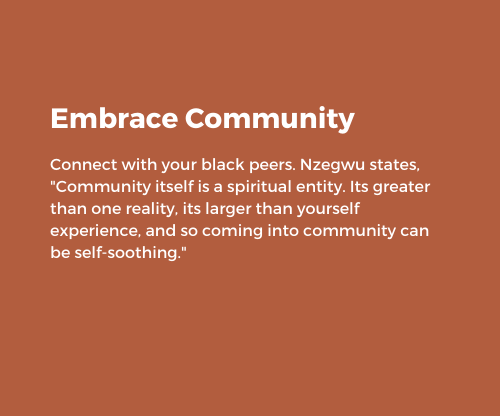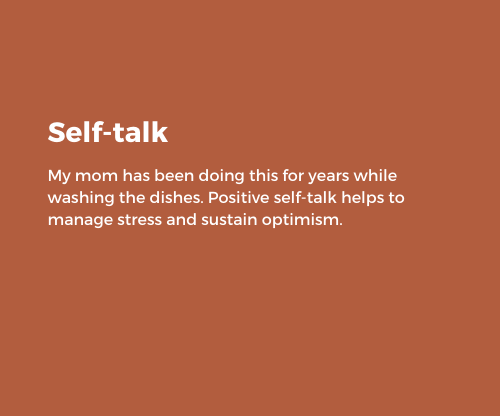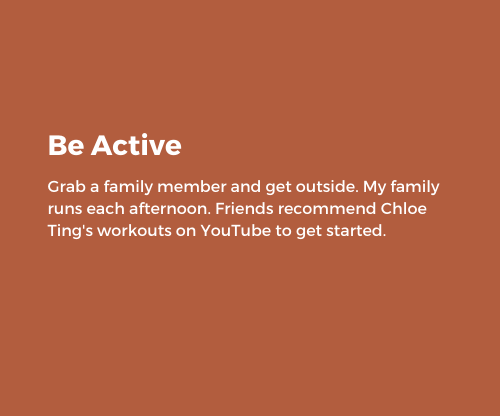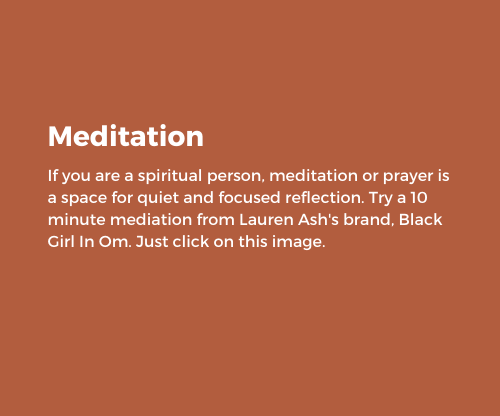I couldn’t write anything the days after George Floyd’s murder. At least, I couldn’t write anything I’d defined as “productive”. What I did write, when I could, were journal entries filled with variations of “F**k them and their system.” I would start out crying when I opened my journal. My emotions, most likely triggered by an Instagram post, a news segment covering protests, or most often, a scene of either my mother or sister crying. I hoped the experience of journaling my thoughts would alleviate the tensions in my mind, yet without fail the entry would start with a hopeless sadness, and it would end in an intense rage.
In a conversation with Angela Nzegwu, Director of Religious and Spiritual Programs, I was relieved to hear that she too had experienced similar sentiments. “When something happens, there is that initial rage, and for me I was mad at everybody […] I would tell you off in two seconds, I would give you a history lesson, I would tell you about yourself. I was mad as hell, [but] as time went on what accompanied my anger was also this deep sadness.” Before speaking with Nzegwu, I had recently attended a Healing Space event joined by her and Bryana White Ph.D, Assistant Director of Student Counseling Services. The event was hosted on June 5th by Umoja, the Black Student Union, and organized by Umoja President Jitu Alemu ‘22. Alemu described the environment as “a collaborative healing space for our black students.”
Hosted through Google Chat, there were obvious limitations in creating a virtual space for support. The reassurance and comfort of being together in a physical space was lost on the turned off cameras and muted microphones, however the virtual space had simultaneously created a private reflective space for each attendee —within each of our homes— with an option to engage in an ongoing conversation with fellow black peers. “This is a shift to connect with one another […] a great space to be seen and heard, and care for one another,” White began, “as it is incredibly distressing, it’s important to be grounded and center as we weep now, rather than a month from now,” continued Nzegwu. As we each shared, the nuances of our individual reactions were apparent; however, there was an ever-present similarity in our language. The words: draining, tired, and exhausted, were mentioned multiple times within the hour of the gathering.
Weeks before the death of George Floyd, many of us had watched the death of Amhaud Arbery, and prior to their deaths, we were notified of Breonna Taylor’s death in early March. Last week, we learned of the deaths of Riah Milton and Dominique Fells. For most of us, their names are among many. The first public Black death I can remember was Trayvon Martin. I was twelve when Martin died, and I remember being sad and confused for a short while, and then his name soon dissipated from my consciousness. The deaths of Arbery, Floyd, Taylor, Milton, and Fells are different. They hurt deeply. I am incredibly conscious, and internally aware of the reasons why they died, what could have prevented their deaths, and familiar with the institutional language used to explain their deaths. As a black woman, this consciousness can be crippling, surfacing sentiments of hopelessness, fatigue —anger. It acts as an effective way of degrading our mental health.
In the final moments of the program, Nzegwu shared the RAIN acronym, a practice adopted by Bruce King to navigate racial trauma. The acronym, originally an ancient Buddhist tool, is used to promote mindfulness when faced with intense and difficult emotion. In the adapted version of the acronym, the letter N, initially referred to as Non-identification, became Nurture.
Recognize emotions
Allow emotions to happen with kindness
Investigate your experience
Nurture your body and mind
Like many of us, I was doing nothing to “Nurture” my emotions. I would spend a day protesting or drawing posters, preparing clapback messages to ignorant peers, and at night my family would sit at dinner to discuss a history of racial oppression. I was and still am consumed by a need to be engaged, feelings of guilt when I’m not, and sadness and anger that seemed to erupt in settings meant for relaxation. When I questioned Nzegwu about her concerns for black students, she seemed to question my own unhealthy engagement: “How can you have sustained action over time? If your action is sustained, then you need something to sustain it other than results.” Of her concerns, she added, “I’m afraid of burnout for our student activists who are going and going, and don’t see self-care as hand and hand with community care.”
My fellow black peers: This work is incredibly hard. There is a necessity for change. But it must not come solely from the sadness and rage we’ve experienced. It must also come from the time we take to care for ourselves and to reflect —to experience black joy.
Nzegwu shared her own experiences making a cup of tea as an act of self-care, describing the soothing sounds and smells which accompanied the action. Her description of making tea seemed to trance each of the five senses, from the act of pouring hot water into a cup and feeling the steam rise to the faint smell of dried leaves, seeds, and roots added to the water. “There’s something about the mindful, intentional act of taking a break and doing something that is self-soothing, which both requires your attention, requires your time, and then has this instant gratification —this instant gift”, she recounted. As we spoke I compiled a list of practices focused on strengthening my own self-reflection and reinforcing positivity.
I left the Healing Space program that afternoon with feelings of both hope and joy. Although we had each acknowledged our personal doubts and hardships, there was a reassurance that our activism had not tempered, but had instead strengthened itself while within the space. We understood that what we felt was not uncommon or unfamiliar. “Our people have been dealing with this for centuries. There is some inherited wisdom, incarnational memory in our bodies about how we process this stress,” Nzegwu reminded me. Fostering a positive mental health must not be frowned upon or avoided at this time. Black peers: There are resources we have access to within Counseling Services, focused on fostering sustainable engagement and advice for fighting through a racist world. While social media does present its own challenges, there are always benefits. Vogue compiled a list of Black mental-health and wellness Instagram accounts. Many of them host free gatherings for Black healing and daily advice and tools to center ourselves.
I have since realized that my anger and frustration is not misplaced. Each time I wrote a journal entry, I was not angry out of malice, I was angry out of love. Love for my peers, my culture, my people. We must each care for ourselves, as we each care for one another.

